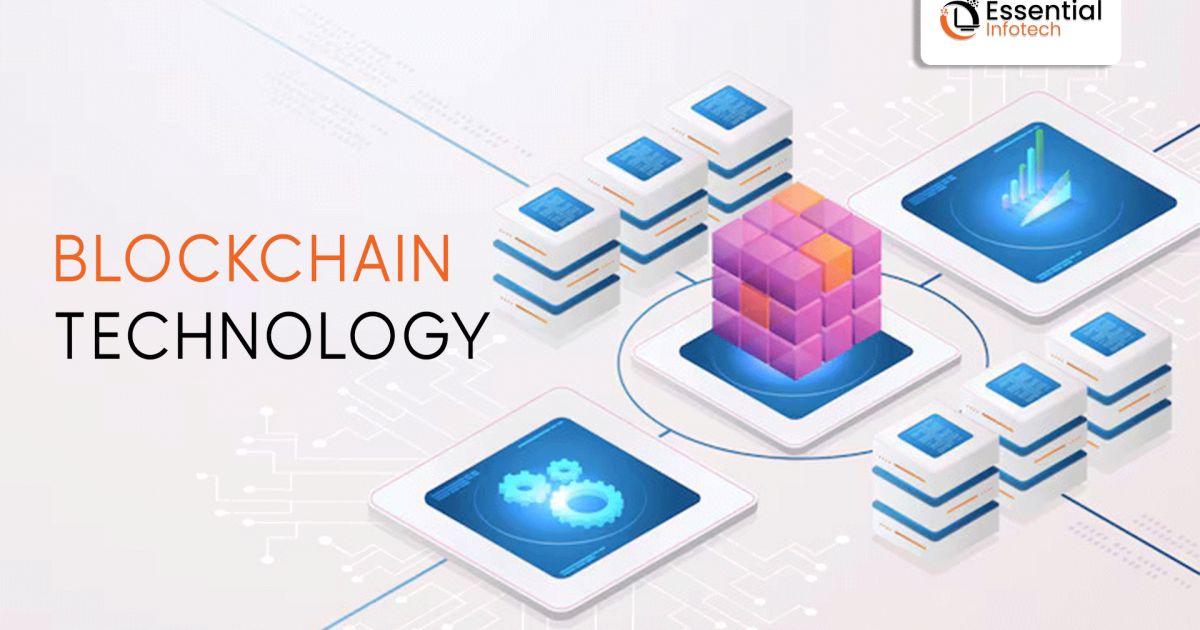

Exploring Blockchain Technology: Beyond
Cryptocurrencies
Few technological
advancements have captivated attention and generated as much excitement as blockchain. Although cryptocurrencies like Bitcoin
and Ethereum are
certainly its most well-known application, blockchain technology's promise goes
far beyond virtual money. We'll examine the diverse uses of blockchain
technology outside of the cryptocurrency space in this blog article.
Comprehending Blockchain Technology
Before delving into
its many uses, let's take a quick look at what blockchain technology is. Fundamentally, blockchain is a distributed ledger system
that is decentralized and securely records transactions across several
computers in an open, visible, and tamper-proof manner.
Here's how it works:
Decentralization: Blockchain runs on a peer-to-peer network of computers
(nodes), as opposed to depending on a central authority such as a bank or
government. Because of its decentralization, the network is protected against
being dominated by a single party.
Transparency: All network users can see every transaction that is
registered on the blockchain. Because of this transparency, there is no longer
a need for middlemen and user trust is increased.
Immutability: A transaction cannot
be changed or removed once it is registered on the blockchain. The integrity of
the data kept on the blockchain is guaranteed by its immutability.
Exploring Blockchain Applications: Moving Past Cryptocurrencies
Supply Chain Management: Among the most promising uses of blockchain
technology is the management of supply chains. Through the implementation of
blockchain technology, businesses can maintain transparency and traceability of
their products all the way from the manufacturer to the customer. By doing this, fraud and
counterfeiting may be avoided, and product authenticity can be guaranteed.
Healthcare: By securely storing and exchanging patient
data, blockchain technology has the potential to completely transform the healthcare sector.
Blockchain enables healthcare professionals to protect sensitive data privacy
and security while giving patients more control over their medical records.
Voting Systems: Elections may become more transparent and safe
with the use of blockchain-based voting systems. Through the implementation of
a tamper-proof blockchain voting record, governments can eradicate electoral
fraud and guarantee safety.
Smart contracts: are self-executing agreements that have the
provisions of the contract explicitly encoded into the code. Because these
contracts are kept and carried out on a blockchain, there is no need for
middlemen, which lowers the possibility of fraud.
Decentralized Finance
(DeFi): Without the need of
conventional banks or financial institutions, DeFi platforms use blockchain
technology to offer financial services like lending, borrowing, and trading.
Millions of people who are underserved by the conventional banking system now have access to financial services.
Although blockchain
technology has gained attention due to cryptocurrencies like Bitcoin, its real
potential resides in its ability to completely transform a variety of
industries outside of banking. Blockchain offers the potential to improve
security, efficiency, and transparency in a variety of industries, including
voting systems, healthcare, and supply chain
management. The possibilities
with this ground-breaking technology are genuinely limitless as we continue to
research and innovate. Thus, keep an eye on blockchain if you're a developer, a
business owner, or just interested in the direction that technology is taking.
It's only getting started.
We Are A Leading IT Company Experienced In Creative And Innovative Development And Design Solutions .